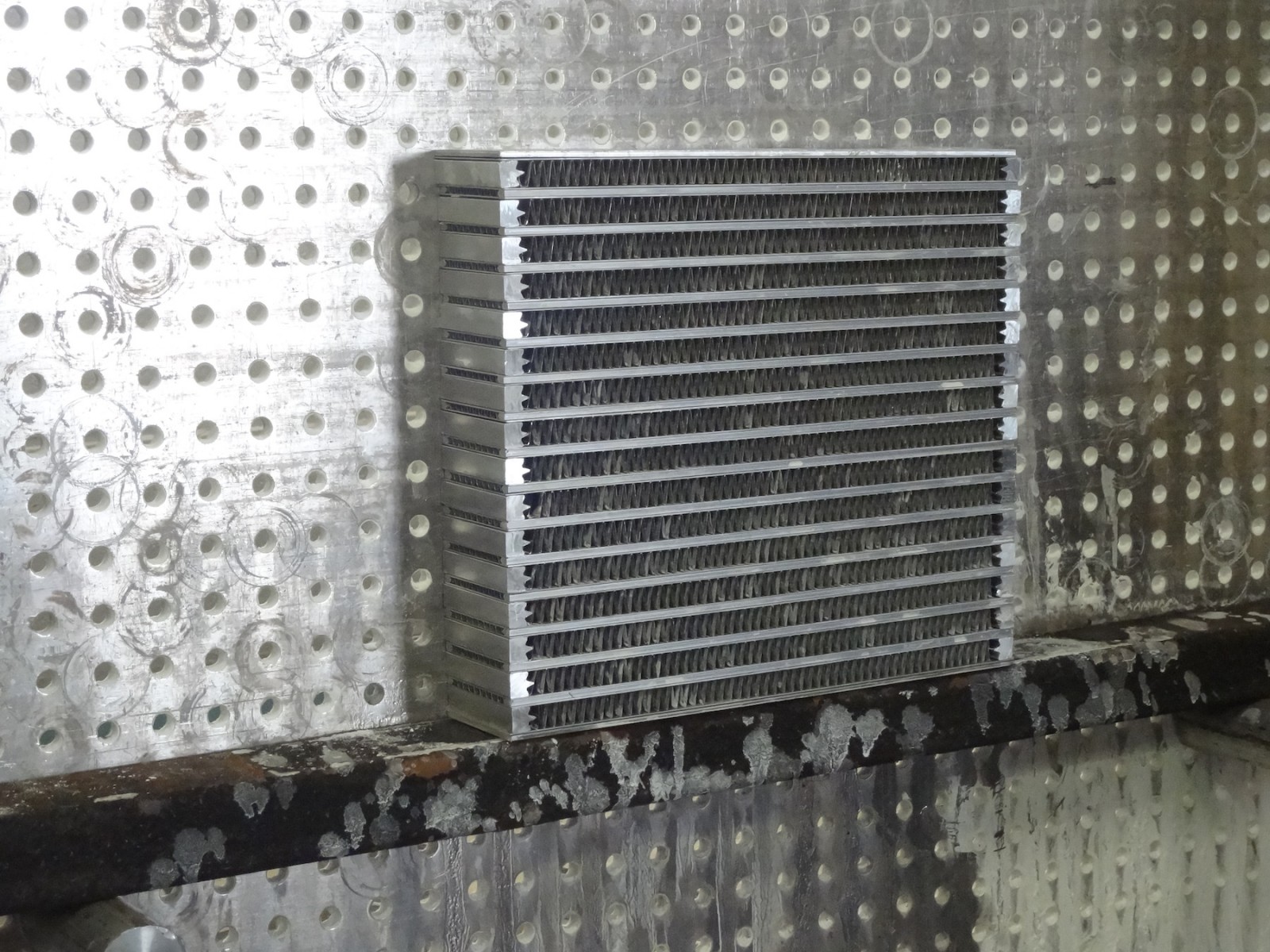The oil cooler is an important component of any vehicle. This plays an important role in maintaining the optimal operating temperature of the engine, and so if the oil cooler is faulty or malfunctioning, a number of issues can arise. But what are the biggest problems associated with a faulty oil cooler? And how can these be resolved?
What is the role of an oil cooler?
An oil cooler is designed specifically to regulate the temperature of the engine oil. This engine oil is important to the performance of your vehicle as it serves a range of different purposes. These include lubricating moving parts, reducing friction and removing contaminants, carrying these away from the engine. However, as the engine operates, this generates a significant amount of heat due to the combustion of fuel, and this heat can cause the engine oil to become excessively hot. Engine oil that is hot can cause engine damage because it will no longer have lubricating properties. This is where the oil cooler comes in to play.
The oil cooler in any vehicle uses a heat exchange process to allow the engine oil to circulate through a series of tubes or fins, which are exposed to external air or another coolant fluid. This process of circulation therefore allows the heat to dissipate from the oil, cooling this so it is ready to be circulated back into the engine to continue its lubrication duties. In short, this means that an oil cooler can help to maintain the optimal temperature range, and ensures that the engine operates efficiently, while reducing wear and tear problems.
What are the biggest problems associated with a faulty oil cooler?
Because of the role that an oil cooler plays, there are a number of significant problems that are associated with a faulty oil cooler. These problems and issues include:
- Overheating oil
- Oil contamination
- Coolant leaks
- Poor fuel efficiency
Oil overheating
One of the most common issues associated with a malfunctioning oil cooler is the oil overheating. If the cooler fails to regulate the oil temperature effectively, it can result in elevated oil temperatures that compromise the oil’s ability to lubricate and protect the engine components. This can lead to increased friction and accelerated wear on critical parts, reducing the engine’s overall lifespan.
Oil contamination
Another problem linked to a faulty oil cooler is oil contamination. If the cooler develops leaks or cracks, external coolant or other fluids can mix with the engine oil. This contamination can dilute the oil’s lubricating properties and reduce its effectiveness. Additionally, the introduction of foreign substances into the oil can contribute to the formation of sludge and deposits within the engine, further impeding its performance and potentially causing blockages.
Coolant leaks
Coolant leaks from a malfunctioning oil cooler can also result in serious issues. Engine coolant is not meant to come into contact with engine oil, as it can cause foaming, degradation of lubrication, and potential damage to engine components. These leaks can be challenging to detect initially, but they can lead to significant damage over time if left unresolved.
Poor fuel efficiency
Finally, a faulty oil cooler can also lead to poor fuel efficiency. When the engine oil is not operating at the correct temperature, it can lead to increased friction and reduced efficiency. The engine may need to work harder to compensate for the lack of proper lubrication and temperature control, ultimately leading to higher fuel consumption.
Here at MRS Heat Transfer we are radiator, car heater, oil cooler, and air conditioning experts, and we have the skills, knowledge and expertise to resolve any air conditioning or car heater problem. Why not get in touch today to find out more?

